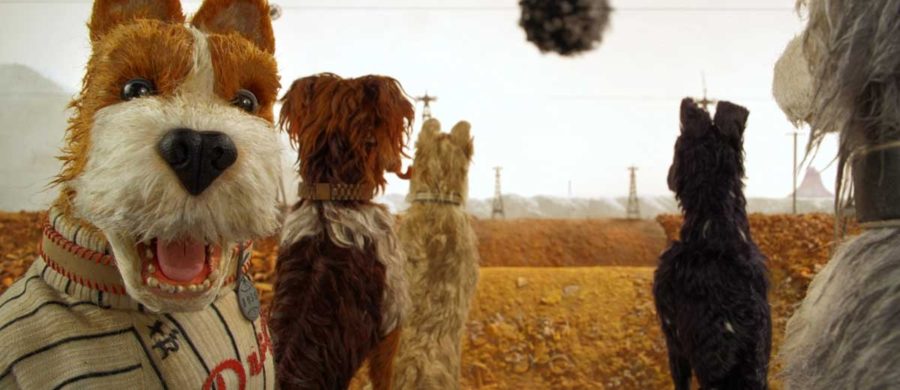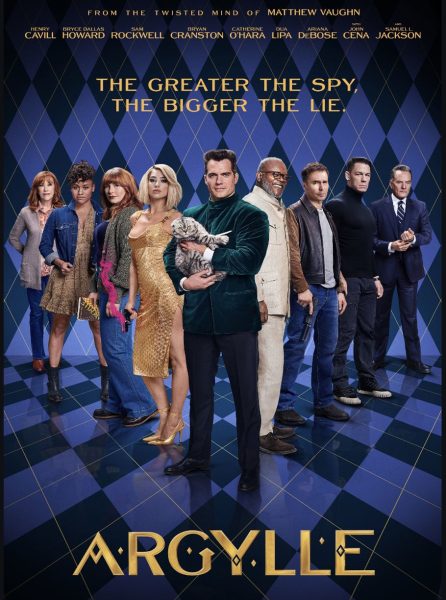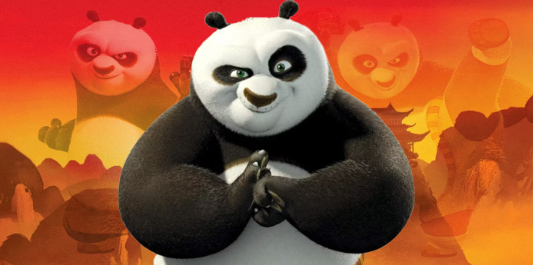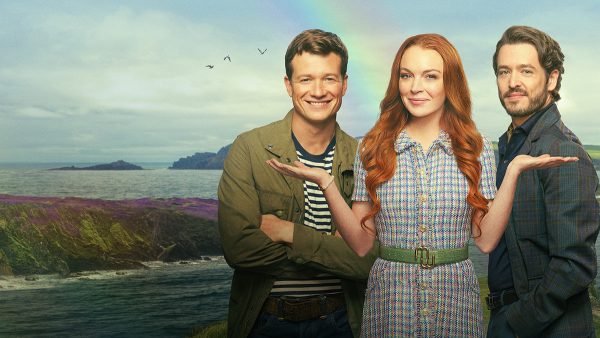Isle of Dogs – a canine film with political undertones
April 3, 2018
After years of speculation that director Wes Anderson secretly hated dogs, the auteur put these ideas to rest with his latest film where almost every character was a humanized version of man’s best friend.
In Anderson’s second stop-motion endeavor, following the critically and commercially successful Fantastic Mr. Fox (2009), details the journey of a young boy in his quest to find a lost pet who has been exiled to an island known as Trash Island in dystopian Japan. In this futuristic society, dogs have been blamed for many of the societies problems by authoritarian Megasaki mayor, Kobayashi.
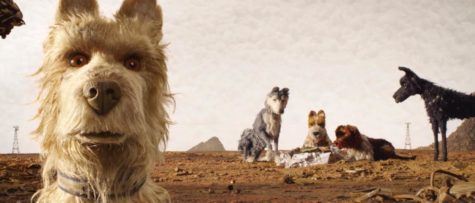
In hopes of being reunited with his lost dog Spots (Liev Schreiber), Atari Kobayashi (a distant nephew and ward of the mayor) escapes on a secret mission to Trash Island to bring Spots home. Once on Trash Island, Atari works with a group of dogs who try to help him find Spots. This group includes Chief (Bryan Cranston), Rex (Ed Norton), King (Bob Balaban), Boss (Bill Murray), and Duke (Jeff Goldblum). Together, they travel across the island in hopes of finding out what had happened to Spots since his arrival on the island.
The film itself is filled with incredible visuals and brilliant creativity that show exactly why Anderson has cemented himself as one of the most talented filmmakers in Hollywood today. The movie is filled with laughs, tears, and a political subtext that warns against the hivemind that often leads to one group being blamed for a whole societies problems.
Despite Isle of Dogs being very well reviewed film by critics, it has still been met with quite a bit of controversy concerning the cultural appropriation of the Japanese. The accusations arise from a perceived “whitewashing” of Japanese culture since all the dogs spoke English, rather than Japanese, as well as the main non-canine hero being an American. It is also believed that Anderson used many offensive Japanese stereotypes that show their culture in a poor light.
As a whole, the strengths of the movie lie in its light-hearted nature, its star-studded cast, and its unique creative vision.



